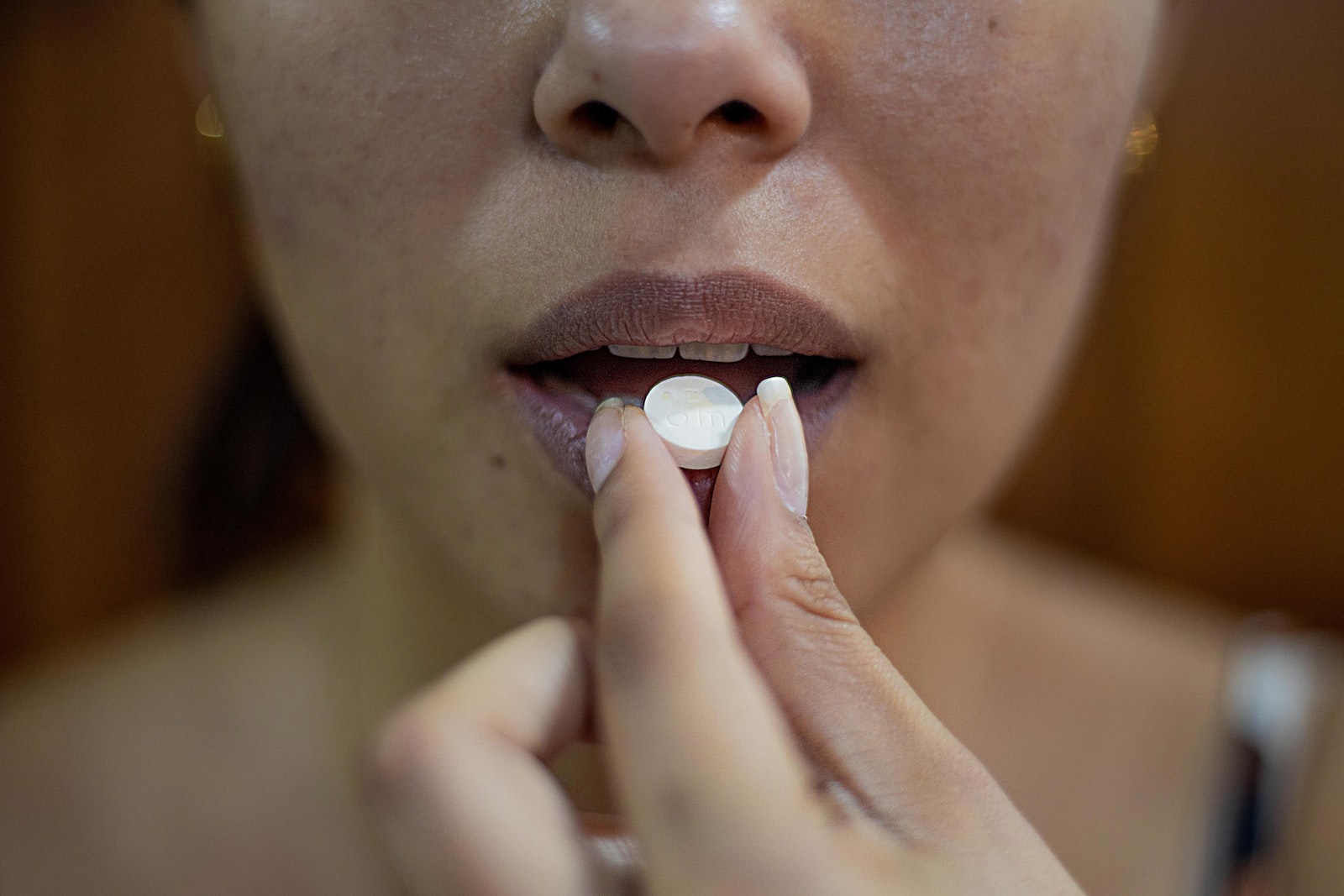Melatonin and hypertension: lowering blood pressure
Epidemiological studies indicate that certain genetic and lifestyle characteristics play a fundamental role in the insurgence of cardiovascular diseases such as coronary heart disease, hypertension, heart failure and stroke. Age is one of the most significant triggers for cardiovascular disease.
Melatonin has been shown to be inversely correlated with hypertension, it has an antioxidant effect, reduces oxidative stress, seems to slow down the aging of the cardiovascular system and influence blood pressure. In a study titled “Daily nighttime melatonin reduces blood pressure in male patients with essential hypertension”, Dr. Scheer evaluated the response to an evening dose of 2.5 mg of melatonin for three weeks versus a placebo. The study showed that continued melatonin consumption caused a reduction of 6 mmHg in systolic blood pressure and 4 mmHg in diastolic blood pressure in the observed group. A study carried out by Dr. Cagnacci of the Department of Gynecological, Obstetric and Pediatric Sciences of the Modena Polyclinic enrolled 18 post-menopausal women between 47 and 63 years of age, who were not on hormone replacement therapy, half of which were on antihypertensive medication and the other half was normotensive. The women were administered a dose of delayed release melatonin for 3 weeks. The results were similar to those observed in men; melatonin lowered nighttime blood pressure by about 4 mmHg for both systolic and diastolic values. Other than the direct effects on the cardiovascular system, melatonin improves sleep quality, and can therefore lower blood pressure by resetting the levels of arterial baroreceptors. Melatonin can also modify the circadian rhythm, affecting the variations in blood pressure throughout the day.
We can conclude that administering melatonin in 3 mg doses before bedtime can have a protective effect against cardiovascular disease by reducing one of the major risk factors in high blood pressure.
Scientific articles below:
- Protective actions of melatonin and growth hormone on the aged cardiovascular system. (Horm Mol Biol Clin Investig. 2014 May;18(2):79-88)
http://www.ncbi.nlm.nih.gov/pubmed/25390004 - Peripheral and central effects of melatonin on blood pressure regulation.( Int J Mol Sci. 2014 Oct; 15(10): 17920–17937.) http://www.ncbi.nlm.nih.gov/pmc/articles/PMC4227197/


